Early adopters in major cities like Lagos, Abuja, Ibadan, and Benin are embracing vehicles powered by compressed natural gas (CNG), despite initial concerns about safety.
Cost savings are the primary driver for these drivers, especially with fuel prices soaring in Nigeria. CNG vehicles, which are cheaper to run than petrol cars, offer significant savings. While petrol costs between ₦877 and ₦1,200 per liter, a cubic meter of gas is only about ₦235.
Although some drivers are hesitant due to safety worries, the allure of cost-efficient travel is outweighing their concerns. One driver mentioned that a round trip from Lagos to Ibadan costs just ₦5,000 in gas compared to at least ₦30,000 in fuel.
However, the switch to CNG does come with a hefty price tag for conversion, ranging from ₦750,000 to ₦2.5 million depending on the car and engine type.
Stakeholders have urged the government to waive import duties on conversion kits to make them more affordable. Currently, the devaluation of the naira has led to a significant increase in the cost of CNG kits.
To promote the adoption of CNG vehicles, the federal government is funding conversions for public transport drivers in major cities and offering discounts and installment plans to ride-hailing drivers.
Aside from cost savings, using CNG can also benefit drivers by reducing maintenance costs and improving engine health due to its lower hydrocarbon levels.
While the popularity of CNG among commercial drivers is on the rise, it remains to be seen if it will become mainstream. The government’s financial support may drive wider adoption, but some drivers may still struggle with the upfront costs.




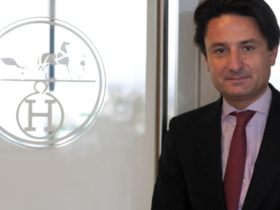
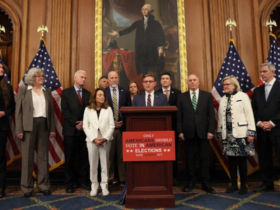
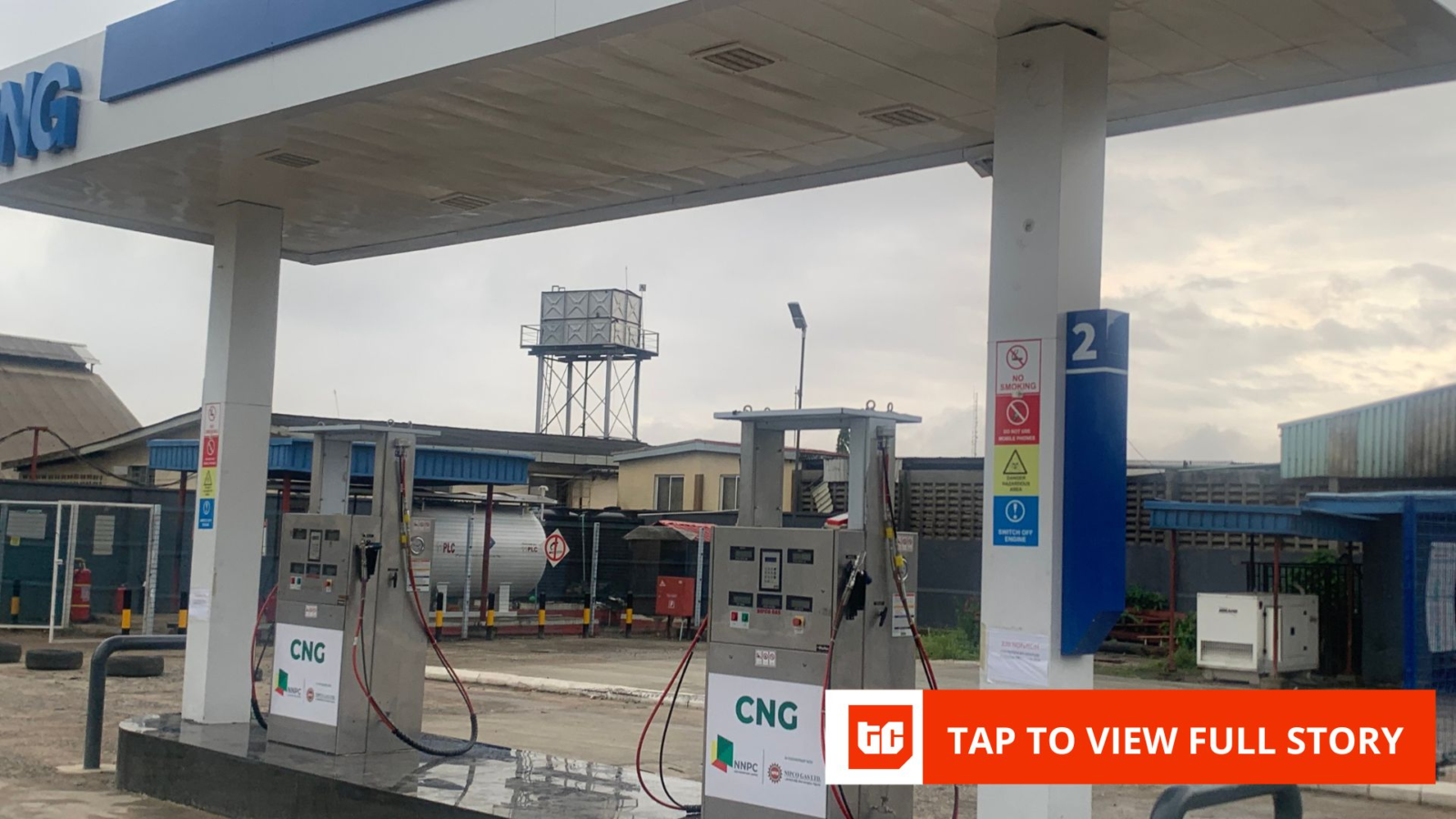





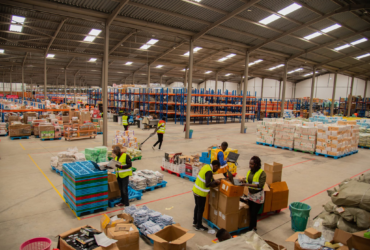

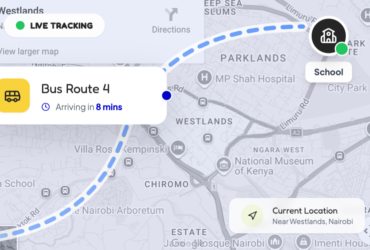
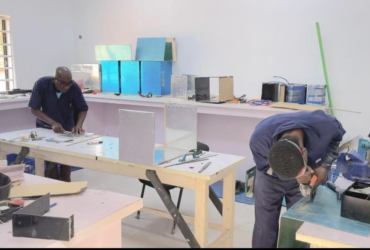
Leave a Reply